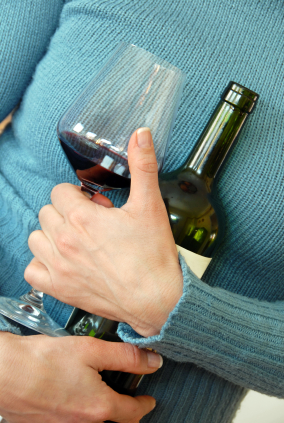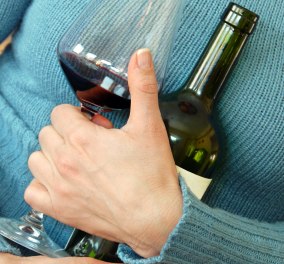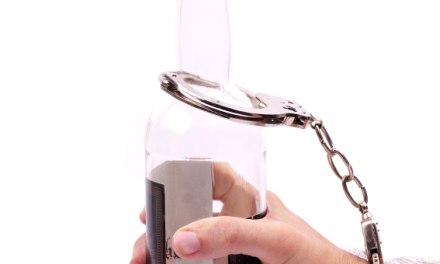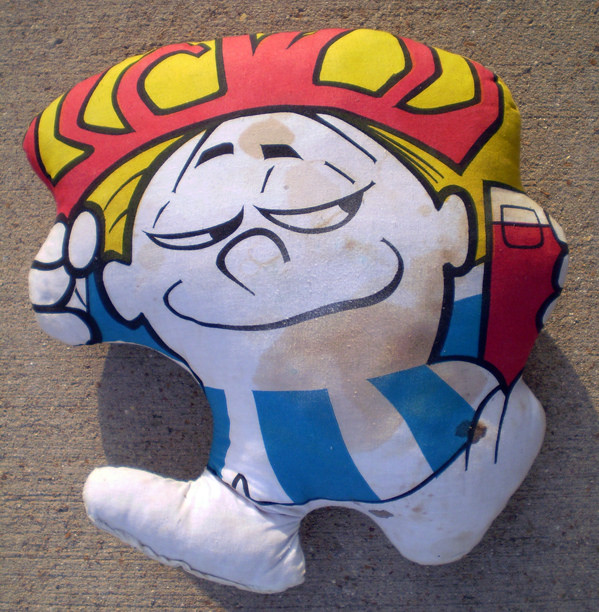And is this even an issue? It apparently is for the individual who wrote this first-person account in The Guardian. With the heading Why I Quit Alcohol:
I knew I didn’t have a drinking problem – but I had a problem with drinking
The author self-identifies as a millennial who grew up in a drinking culture, partied heavily throughout high school and college, and kept it up during her early twenties, when she was beginning her career as a journalist.
As for so many people, the pandemic led to a significant increase in daily consumption, followed inevitably by a number of consequences. Her inspiration for this pattern of nightly intoxication: Gwyneth Paltrow.
Nothing against the Goop founder, but using her as a role model for healthy living? That’s like taking investment advice from Bernie Madoff.
Beginning to recognize her growing problem, she became interested in the Sober Curious movement. We’ve discussed that here before.
For her, it was a revelation. Her drinking, she concluded after reading about the subject, qualified as ‘grey-area drinking’, which she says means that “you don’t have a drinking problem, but you do have a problem with drinking.” Most importantly, she insists, it also means you do not have a severe alcohol use disorder per DSM5.
All this illustrates is the confusing way terms are used in discussions about alcohol-related problems.
According to Merriam Webster, problem drinking refers to “a habit of regularly drinking too much alcohol.” You can’t be less specific than that. How much is too much? How often is regular? In our writer’s case, so long as it doesn’t suggest the problem is severe, she’s happy.
I’m not sure she’s aware that virtually every drinker who winds up in treatment for a severe alcohol disorder does so only after going through an extended period of questioning about whether they qualify as ‘alcoholic’. In part, that’s because the stigma around alcoholism makes people feel ashamed, in need of distancing themselves from the label.
I know that patients aren’t exactly elated to hear their physician say they have Type II diabetes, but they don’t ordinarily interpret that as an attack on their character — which often happens when someone is confronted with alcoholism. “I was instantly on the defensive,” says one recovering person. “My brain went into overdrive. All I could think about was how to prove it wasn’t true.”
Then comes the question of abstinence. “I knew I didn’t want to give up drinking entirely,” the author admits, “but I wanted to give up getting drunk.” That’s at the core of the dilemma. In the drinker’s mind, people with severe alcohol disorders probably should give up drinking altogether. People in the ‘grey-area’, wherever that is, can perhaps learn to control their drinking. Or so she believes.
I’ve noticed that folks who don’t have a problem with alcohol may find this difficult to understand. “What’s the big deal?” someone will say. “You’d rather risk another accident? Possibly fatal?” In fact, many people with AUDs would risk exactly that, cheerfully, in exchange for one more shot at controlled drinking. Even those folks who’ve already tried and failed, over and over,
I guess hope does spring eternal.
The DSM5 treats alcohol use disorders as existing along a spectrum, from mild to severe. Mild is indicated by 2 to 3 of the listed symptoms. Moderate suggests 4 to 5 symptoms. Severe AUD requires the clinician identify 6 or more symptoms fromn the list.
By the way, over the years I’ve met plenty of people in treatment programs who check most or all of the boxes, yet continue to insist they do not qualify as alcoholic. Sometimes before anyone has bothered to ask. As in “My name is Bob and I am not an alcoholic.”
Given what the author has revealed, it sounds as if she’s in the moderate category, at present at least, She says she did quit drinking for several months, and liked the way she felt. So now she’s settled on a regimen of non-alcoholic beer and the occasional glass of wine with a steak dinner.
All we can do is wish her luck. It’s still an open question as to whether she will develop further problems with alcohol in future. We know that often happens. Things plateau for a period, and then somehow, for certain individuals, the engine revs up again.













